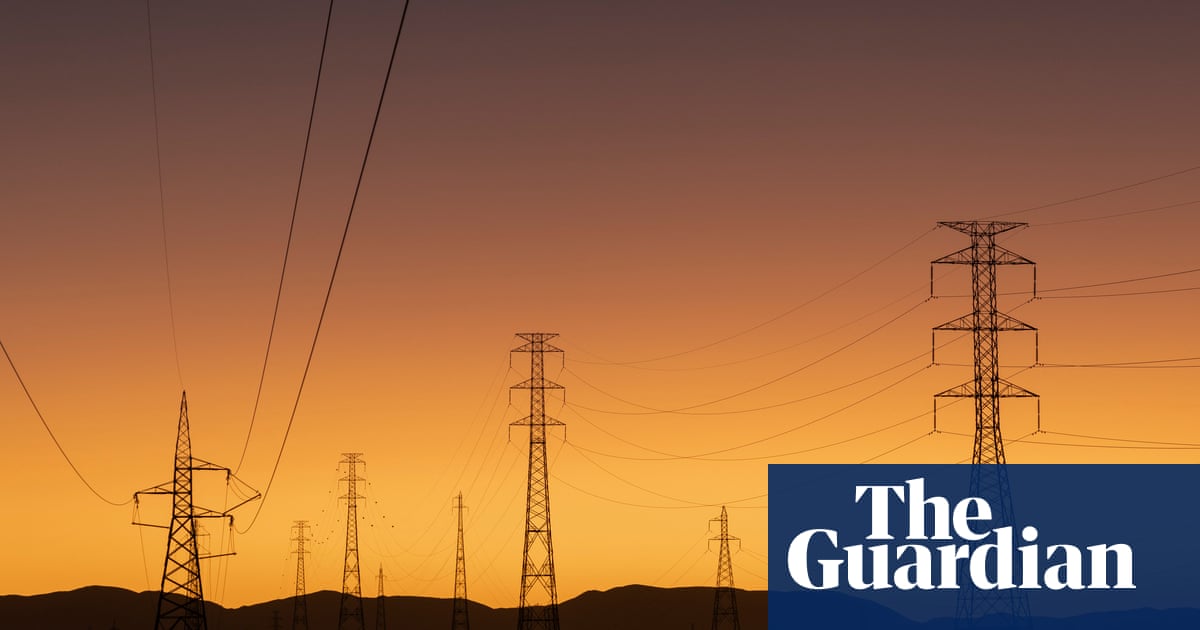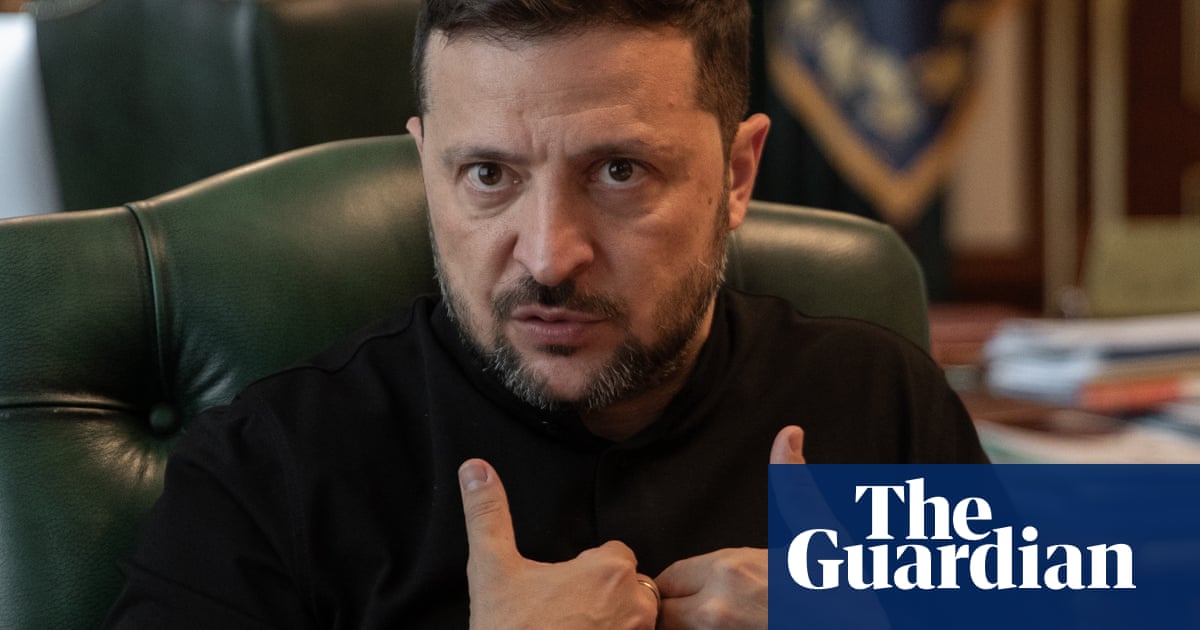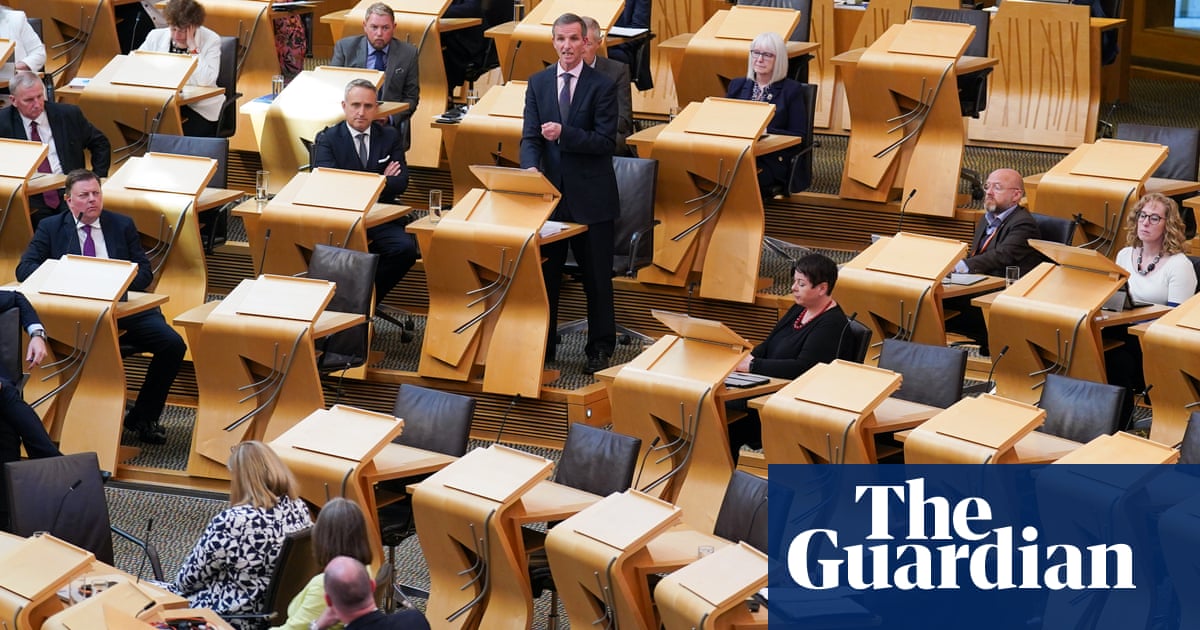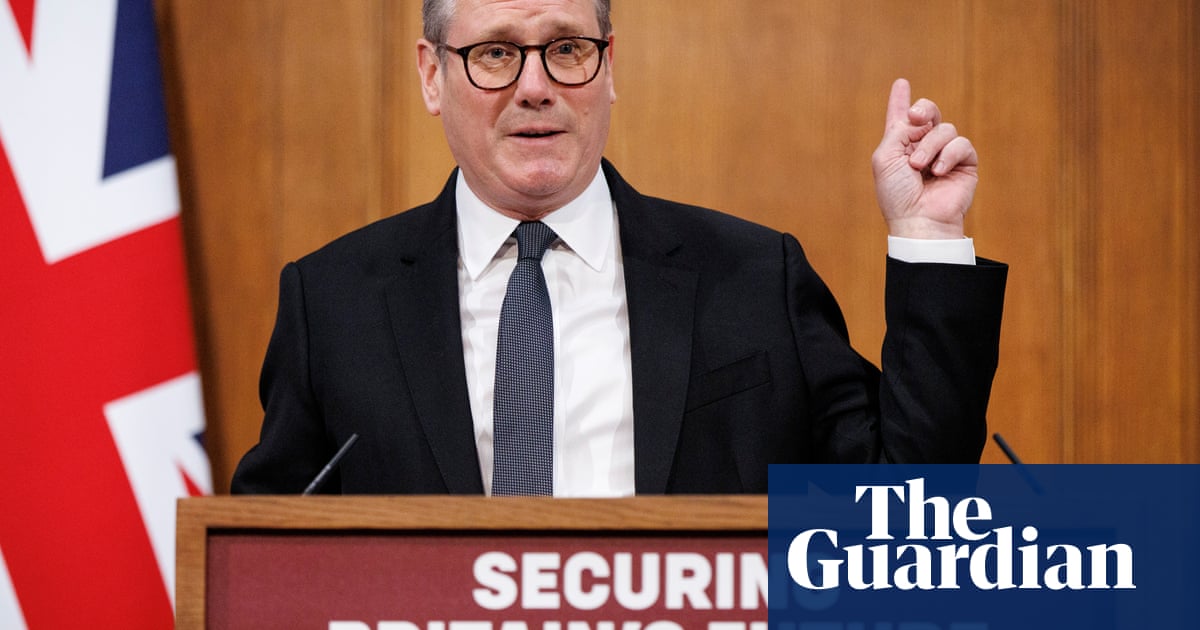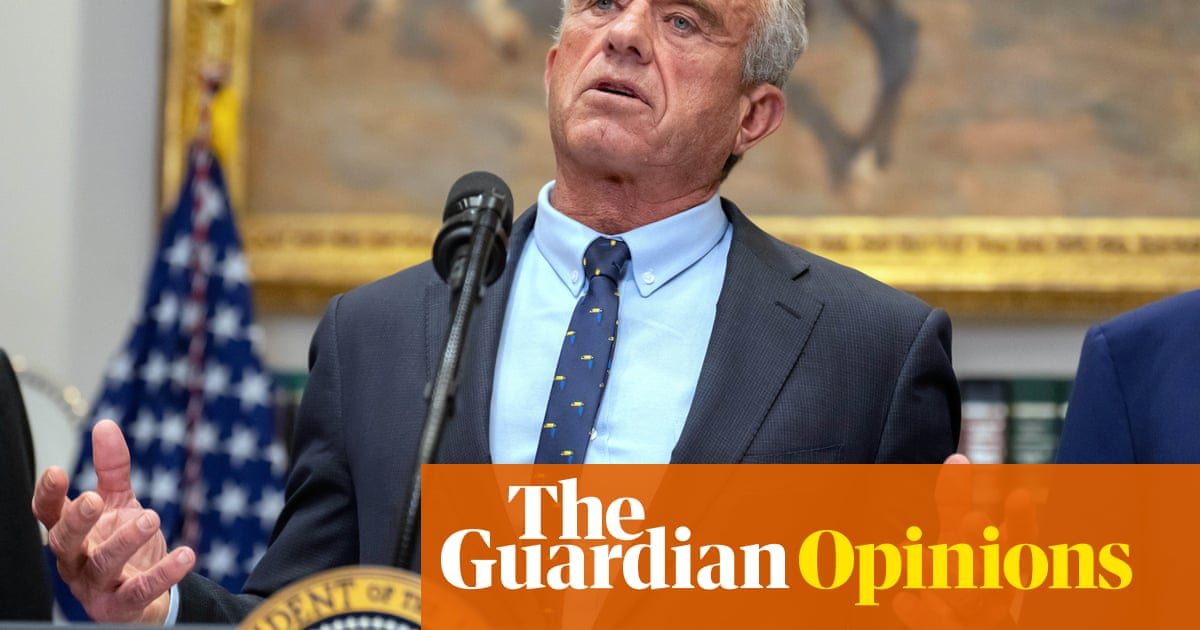Mega retention bonuses for executives, the risk of a hosepipe ban this summer, and a confession that the company came within five weeks of running out of money. Yes, it was more of the usual delights from Thames Water in front of the environment select committee on Tuesday.
But the most overused phrase in the session was “turnaround regime”. This is the murky – or pragmatic, depending on your point of view – notion that Thames can win further big compromises from regulators to get its financial restructuring over the line. In short: special treatment.
By way of reminder, KKR, the US private equity house, is primed to take control of Thames by injecting up to £4bn of equity; and the company’s senior creditors are facing haircuts on their debt. KKR and the bondholders hope to agree outline terms by the end of this month. Then they’ll trot round to Ofwat and the Environment Agency to begin the real negotiation – the plea for regulatory “flexibility”, as Weston put it.
They will be “discussing with the regulator the concept of a turnaround regime that might provide some relief from the normal regulatory environment while a company recovers its operations,” said Weston. “I think that is an absolute imperative for Thames otherwise we will not be invested in.”
What is this “relief”? Well, given the number of times the figure was mentioned, one focus seems to be the £900m of regulatory penalties that Thames assumes it will incur in the next five years for missing operational targets. There is also worry over potential fines from the Environment Agency (EA).
How would the process work? Ofwat cannot simply agree not to impose £900m of penalties. But, though this wasn’t spelled out by Thames’s directors, it’s not hard to imagine a menu of potential fudges. If the operational targets are too high, just invent lower ones for a company in this yet-to-be-designed “turnaround regime”? Or how about undertakings of good behaviour in lieu of financial penalties? Or more freedom to shift promised spending between regulatory cycles?
Strictly speaking, there is already some formal scope for Ofwat to be flexible within the established framework – although, as it says, there is meant to be a “high bar”. But what Thames, KKR and the bondholders seem to be imagining is something more akin to a re-write of Ofwat’s “final determination” on the business plan. All last year’s arguments about whether the regulator allows Thames to invest enough are being re-litigated outside the normal method of appealing to the Competition & Markets Authority (Thames has deferred its appeal).
There is no guarantee that Ofwat will play ball in June, of course. But one can bet that it will come under unspoken pressure to do so because the government is plainly desperate to avoid Thames falling into the special administration regime (SAR), AKA temporary nationalisation. Ministers, one suspects, would prefer Ofwat and the EA (which is part of the environment department anyway) to be as flexible as necessary to get the KKR deal done.
Advocates of such an outcome argue it is simply expedient. SAR, they say, threatens a mess of litigation from bondholders and an upfront bill for the government to keep Thames afloat. Better to bend the regulatory regime out of shape, and say that Sir John Cunliffe, whose review of the water sector is coming down the track, may soon propose something like a “turnaround regime” anyway.
after newsletter promotion
Yet it’s not hard to see who wins if Thames gets special regulatory treatment. It will be the class A bondholders who can expect to escape with haircuts, or write-downs on their debt, in the order of 25%. If no regulatory relief is offered, or if SAR happens, or if Thames is obliged to go to the CMA, the haircuts would very likely be more severe.
As Thames’s chair, Sir Adrian Montague, pointed out, it is those bondholders – not the company or its customers – who will pay the executive “retention incentives” of up to 50% of salary as part of a £3bn emergency loan. What’s the logic in this unusual arrangement? It is surely only this: if the executives can help to charm Ofwat and the EA into submission, they’ll save the bondholders a fortune.

.png) 4 hours ago
3
4 hours ago
3
